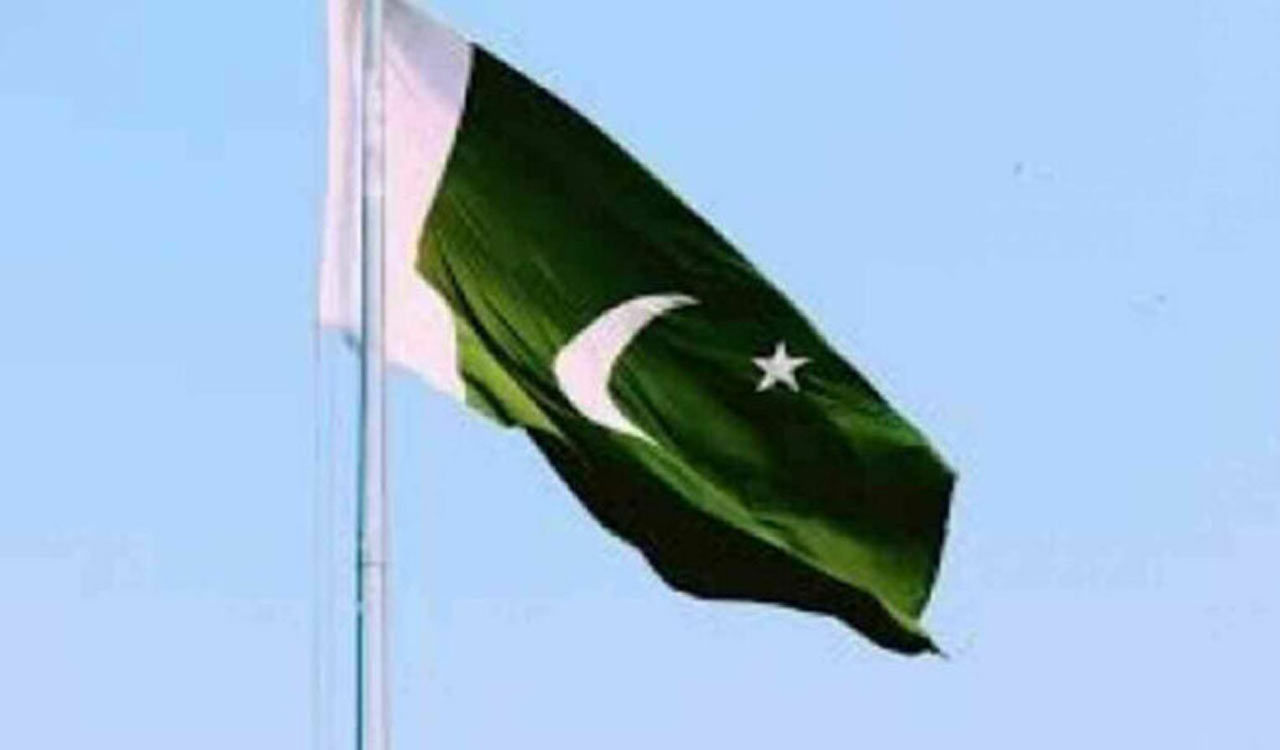Imran Khan’s meteoric rise and drastic fall illustrate a predictable political trend in Pakistan where the army alone is in the driver’s seat
Published Date – 2 February 2024, 11:59 PM

It is often said that every country has an army but in Pakistan the army has a country. There is a ring of truth to this saying. Even a cursory look at the political dynamics being played out in the country would confirm this. Come national elections, the army’s overarching influence becomes too glaring to ignore. As Pakistan, steeped in multiple crises impacting political, social and economic spheres, gears up for the February 8 elections, a familiar drama, scripted and directed by the Rawalpindi bosses, is being played out. Like any predictable television soap, no one is surprised at the twists and turns that it offers. The back-to-back convictions handed out to Imran Khan, the fall guy of the army, in corruption cases are part of a larger game to keep him and his party — Pakistan Tehreek-e-Insaf (PTI) — out of electoral contention and potentially out of politics. As a result, the poll outcome has become too predictable. In fact, it would be appropriate to call it ‘selection’, instead of election, as the ground is being prepared for the return of Nawaz Sharif at the helm. It was a role reversal five years ago when Imran, the cricket legend-turned-politician, was the blue-eyed boy of the army while Sharif was its bête noire. In tune with the script, Sharif was removed from office in 2017 and sent to jail while Imran, dubbed as ‘Taliban Khan’ by his critics for supporting the terror outfit, walked away with crowning glory in what was widely seen as manipulated elections in 2018.
Pakistan’s turbulent history is replete with instances where the fate of civilian leaders is linked to the whims of the army. Zulfiqar Ali Bhutto was ousted in a coup in 1977 and executed after imprisonment. His daughter, Benazir, who also served as PM, was convicted in corruption cases and exiled. When she returned to Pakistan in 2007 to contest elections, she was assassinated during the campaign. Nawaz Sharif, ousted in a coup and jailed by General Musharraf in 1999, re-elected with a huge mandate in 2013, was dismissed on flimsy charges by a military-judicial coup in 2017, barred from contesting elections and sentenced to 10 years in prison. Unlike his predecessors, Imran Khan dared to take on the military leadership and made public accusations against the army chief, ever since he was ousted from power through a no-confidence vote in April 2022. He was probably the first Prime Minister to have directly targeted the army chief in public rallies. His meteoric rise and drastic fall illustrate a predictable political trend in Pakistan where the army alone is in the driver’s seat and gets to decide how much democracy the legislators can exercise. The two other major political parties — Pakistan Muslim League (N) and Pakistan People’s Party (PPP) — are now hand in glove with the army bosses.




